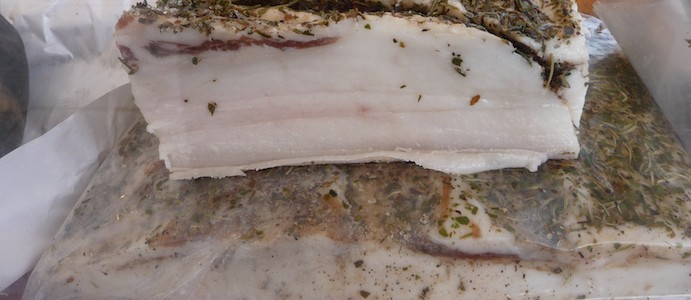Some clarification is in order. A patient who just finished reading my book, The Blood Code, wrote to me, “The contrary reports on LDL, statin and saturated fat is getting quite frustrating.”
I appreciate the frustration; I regularly see, in the name of science, nothing more than drug marketing on Medscape (who’s sponsorship is primarily Pharma driven). I still read and subscribe to Medscape because I get some valuable information but I know where their underlying interests lie. So I’m not taken aback when they promote the favorable side of statins regardless of the inconvenient adverse effects like earlier diabetes onset, memory loss and pain.
Therefore when Bill wrote to me about his confusion after reading an article in the Nutrition Action Healthletter by the CSPI (Center for Science in the Public Interest), an organization that nobly accepts no corporate funding or government grants, I get it. They have, since their inception pointed their finger at dietary fat and salt as villains, and now that dietary saturated fat has been vindicated in the press, CSPI doubled down on the fat-is-bad myth for their May Healthletter.
Some clarity can come if we realize that we are individuals. Some people are prone to higher blood sugars, and if they (I) take the CSPI dietary advice and reduce dietary fats and saturated fats, their (my) health suffers. We each have to know ourselves well enough that we are not looking to the authoritarians for our dinner ingredients.
Another way to gain clarity is to see that our lives are not one disease. The CSPI claims that a change from dietary saturated fat to polyunsaturated fat in a very controlled environment can result in a significant reduction of heart attacks—but data exists that higher polyunsaturated fats significantly increase the risk of cancer. Furthermore, in real life, when saturated fats are removed from the diet, we don’t switch to unsaturated fats – we proportionately switch to carbs, which ruins our collective health and kills those of us prone to type 2 diabetes.
Ironically, more clarity can be gained by muddying the water. Dr. John P. A. Ioannidis has written extensively about the questionable nature of research claims; not that they are useless, but how they are so very difficult to really stand behind. His summary article about this topic can be found here: https://www.ncbi.nlm.nih.gov/pmc/articles/PMC1182327/?report=reader
For now, saturated fats are on the good list and you will read a contrary headline soon I am sure. Realize that when you feel like you are getting whiplash from the research claims, they are probably invalid claims. Saturated fat is neither helpful nor harmful to cardiovascular disease – so don’t avoid it. It’s not like smoking (or sitting too much, which is the next smoking you know.). Know yourself instead, find what works. In my experience, and I hope yours too, blood tests offer you a valid way to assess whether your diet and habits are leading your toward your promised land. I believe in you, and I’ll stand by that.




Comments are closed.